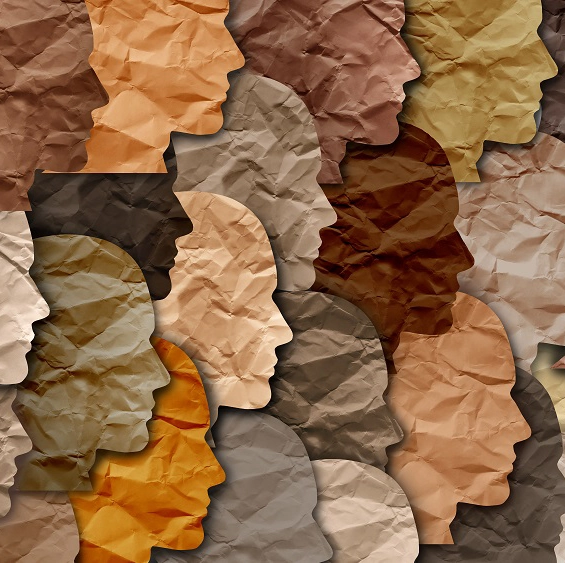In 1926, historian Carter G. Woodson, co-founder of what’s now known as the Association for the Study of African American Life and History (ASALH), declared the second week of February “Negro History Week.” Fifty years later, President Gerald Ford extended the week to “Black History Month.”
During February, you are hard-pressed not to see or hear the words of notable figures, such as Dr. Martin Luther King Jr., Malcolm X, Harriet Tubman, Frederick Douglass and John Lewis. It’s impossible to go without exposure to documentaries or discussions spotlighting the civil rights movement.
I can only hope that the equally important Nina Simone, Bayard Rustin, Jane Bolin, W.E.B. DuBois, Alvin Ailey, Katherine Johnson and Marsha P. Johnson will soon be exposed to the public in the same manner.
But Black history is more than the monumental historical contributions, strength and beauty associated with Black Americans. Black History Month should also remind all people how the pains of historically forced subjugation, extreme terrorism and systemic oppression have affected Black people and the mental health of all. The damage done informs our work within the mental health domain.
For example, the names and causes of death of Dante Wright (age 20), Andre Hill (47), George Floyd (46), Breonna Taylor (26), Michelle Cusseaux (50), Tamir Rice (12) and so many others evoke a historical trauma that spans from 1619, when the first Dutch flagship arrived at Jamestown, to today.
Historically, the trauma associated with racialized state violence is overlooked and underestimated. A first-of-its-kind study in 2018 argued that the killing of an unarmed Black individual triggers days of poor mental health in Black people residing in the state of the killing. These can occur over a three-month period.
The rarely discussed mental health issues concerning Black school-aged youth also deserves attention. Because of systemic racial disparity in nearly all systems, Black children were affected dramatically by COVID-19. The number of people they knew who died, the state of living in social isolation and the lack of public school efforts to serve special education students made everything worse for Black youth regarding racial trauma, brain development and social skills.
During Black History Month, it’s also essential to focus on the discrimination and trauma experienced by Black transgender women, who endure multiple marginalizations and feelings of depression associated with racism and transphobia, barriers to accessing health care, lack of affirming mental health support, and trauma stemming from physical violence and state policy attacks.
It’s important that we celebrate this month. As we do, let’s also remind ourselves that we all can do more toward bending the arc of social justice. As our core values state, we at the National Council for Mental Wellbeing have the capacity, talent and innovative thinking to shape the future and champion diversity, equity, inclusion and belonging (DEIB).
Author
Consultant
Center of Excellence for Integrated Health Solutions
See bio




